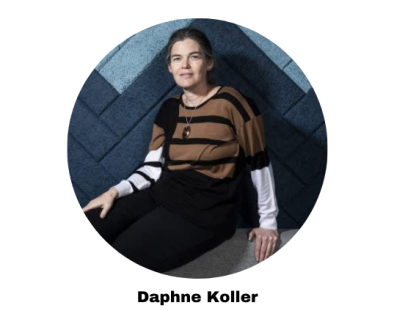Inspiration for Innovation and Impact through the Story Behind Payal Kadakia and ClassPass
In the landscape of digital enterprises, where innovation is the heartbeat of transformation, the story of ClassPass and its founder, Payal Kadakia, emerges as a lighthouse of inspiration. ClassPass, a subscription service offering access to the best fitness classes in the world, began its journey as a simple solution to a personal problem that many can relate to—finding and booking dance classes.
Payal Kadakia, an Indian-American entrepreneur, founded ClassPass in 2013, an endeavor seeded by her passion for dance which was cultivated during her youth. Born to immigrants, she was instilled with a deep appreciation for cultural expressions. She graduated from MIT with a degree in Operations Research, a testament to her analytical yet creative approach to problem-solving. Such competencies laid a solid foundation for her future entrepreneurial ventures.
ClassPass’s inception was as much an art as it was a science, transforming the fragmented fitness industry into an accessible, user-friendly platform. Initially, the project was named ‘Dabble’, and its core offering was all about simplifying the discovery phase for enthusiasts who wanted to venture into dance and fitness. The realization that people were seeking flexibility led to the pivot of the business model to subscription-based access, thus, the birth of ClassPass.
Recognized for their ability to adapt and respond to market needs—a critical facet emphasized by Michael Porter’s competitive advantage theory—ClassPass leveraged strategic alliances and partnerships, enhancing value propositions for its users and gym partners alike. The idea wasn’t just to tap into fitness, but to curate an ecosystem where users had unprecedented access to wellness experiences.
In ClassPass’s value proposition, the fusion of technology and health exemplifies the convergence theory, wherein distinct sectors amalgamate to deliver improved experiences. As pointed out by Clayton Christensen in his seminal work on disruptive innovation, it is the ability to recognize opportunities and nurture them into impactful businesses that drives long-term success.
Kadakia’s journey wasn’t devoid of challenges. In the formative stages, the company encountered significant hurdles with its pricing model and scaling operations without compromising service quality. Yet, they navigated through with remarkable resilience, adjusting strategies to align with consumer expectations. Such adaptability is pivotal in competitive landscapes, echoing the ethos of John Kotter’s change management framework, which underscores the importance of steering change with a clear vision and effective execution.
Her story is a powerful example of how personal passion can be transformed into global influence, illustrating an actionable path for aspiring entrepreneurs and business leaders. In interviews, Payal Kadakia frequently credits her cultural heritage and passion for dance not just as sources of inspiration, but integral components of her entrepreneurial fabric, illustrating how intrinsic motivation can bolster an organization’s mission-driven approach.
ClassPass today stands as more than just a fitness service. It represents a cultural shift in how people perceive and engage in health and wellness. The company has expanded internationally, reflecting Kadakia’s vision of making wellness accessible and enjoyable for millions worldwide. Its success underscores the relevance of agility, customer empathy, and the relentless pursuit of meaningful innovations, principles that remain relevant for business leaders overseeing transformational initiatives.
In the words of Steve Jobs, “Innovation distinguishes between a leader and a follower.” ClassPass’s story under the stewardship of Payal Kadakia is a testament to this philosophy, embodying the creative synthesis of technology, culture, and an insatiable drive to innovate and impact positively.

